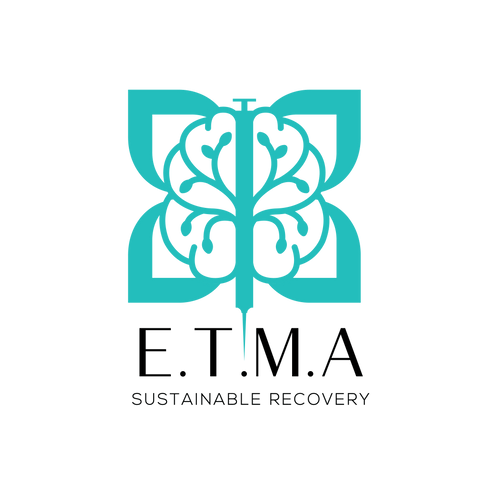Global Yet Local Rehab
We like to call ourselves a culture specific Rehab.
There have been numerous definitions of culture. Dwight Heath offers a simple definition: “It [culture] is a system of patterns of belief and behavior that shape the worldview of the member of a society. As such, it serves as a guide for action, a cognitive map, and a grammar for behavior.”
The role of culture in Addiction Treatment
Sociocultural beliefs can shape the approach to and behavior regarding substance use and abuse. Culture plays a central role in forming the expectations of individuals about potential problems they may face with drug use. For many social groups, this may provide a protective factor.
At Solace Asia, we believe that The things that should be included in considering a patient’s cultural identity are cultural reference groups, involvement with culture of origin, language, and cultural factors of development. For example, we must note whom the person identifies with (Race, Culture) and the ethnicity the person is most comfortable with.
Another factor that should be considered is whether the person speaks his native language and what his first language was. Often, individuals can feel alienated from their therapist if they do not speak their native language fluently or at all. This can be a barrier to those wishing to seek care from english speaking therapists. It is also important to note what involvement a person has had with his host culture and to what degree his family is involved with their culture.
With this being said, at Solace Asia, we understand the important role that culture plays with the treatment process. We have Malay, Chinese and English speaking counselling so that we can handle diversity in language and culture.
WE DIFFERENTIATE – THE SOLACE CULTURE CENTRIC PROGRAM
Staff composition: This is critical in developing our program, particularly with treatment initiation and retention. We have hired qualified staff of the same ethnic background to dramatically increase patient access and initiation into treatment. In addition, if the therapist is not of the same ethnic background, we make sure that he or she take on an inquisitive role and not make any ethnocentric assumptions based on their own cultural heritage. The goal of the clinician should be to uncover sociocultural issues that will affect acceptance, retention, and ultimately, treatment outcome.
Cultural Recovery and Aftercare: One aspect of recovery that is often overlooked is that of cultural recovery. Cultural recovery involves regaining a viable ethnic identity and acquiring a functional social network committed to the person’s recovery; making a religious, spiritual, or moral recommitment; re-engaging in recreational or vocational activities; and gaining a social role in the recovering community, society at large, or both.
Family Involvement with cultural sensitivity: Family involvement is an important focus in working with different communities. Both the patient’s immediate family and extended family are significant and should be involved in the intervention process because alcohol and drug abuse can erode important family and social ties, and restorative efforts to repair an individual’s familial and social network can buffer the effects of alcohol or drug abuse.

